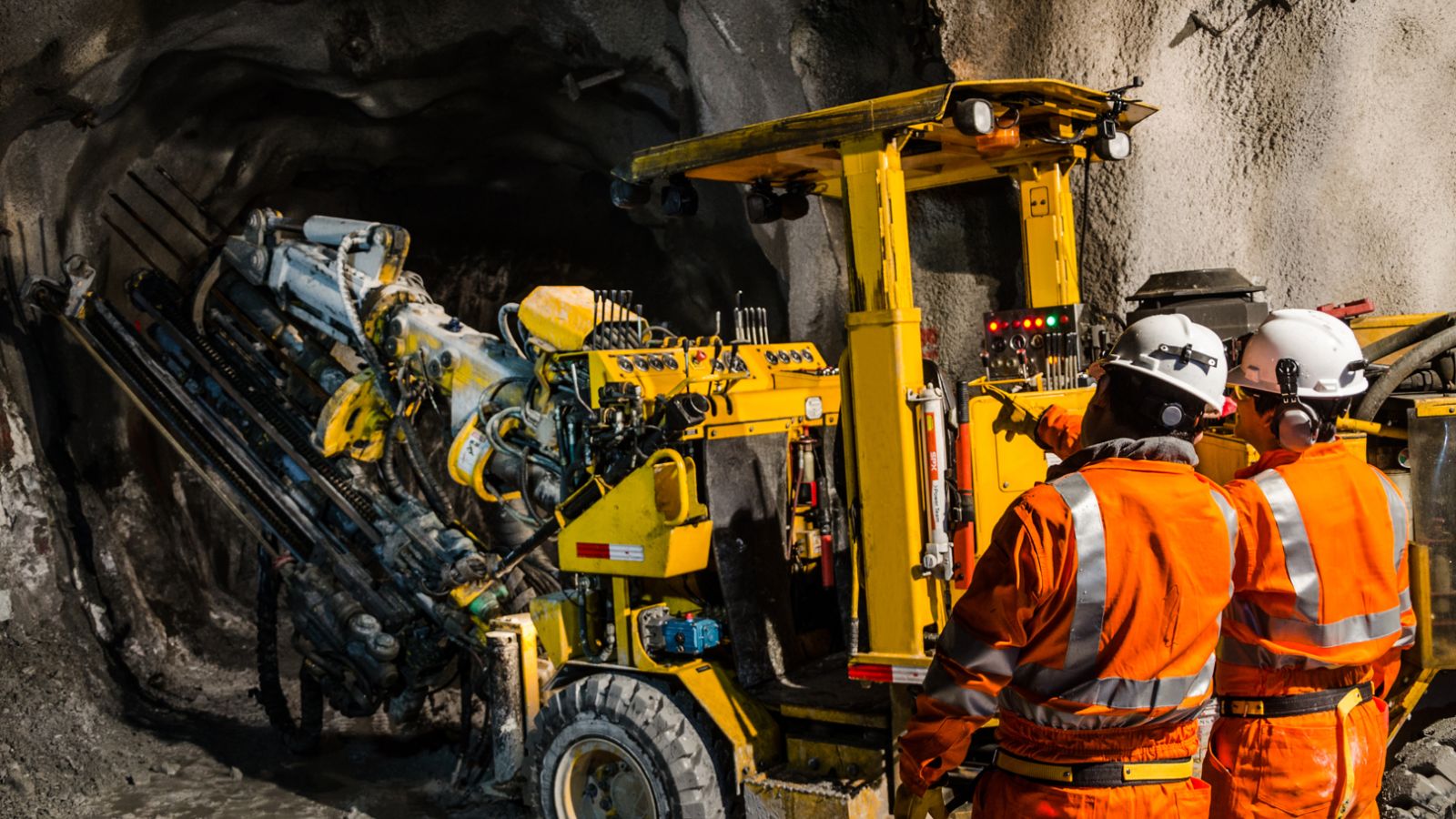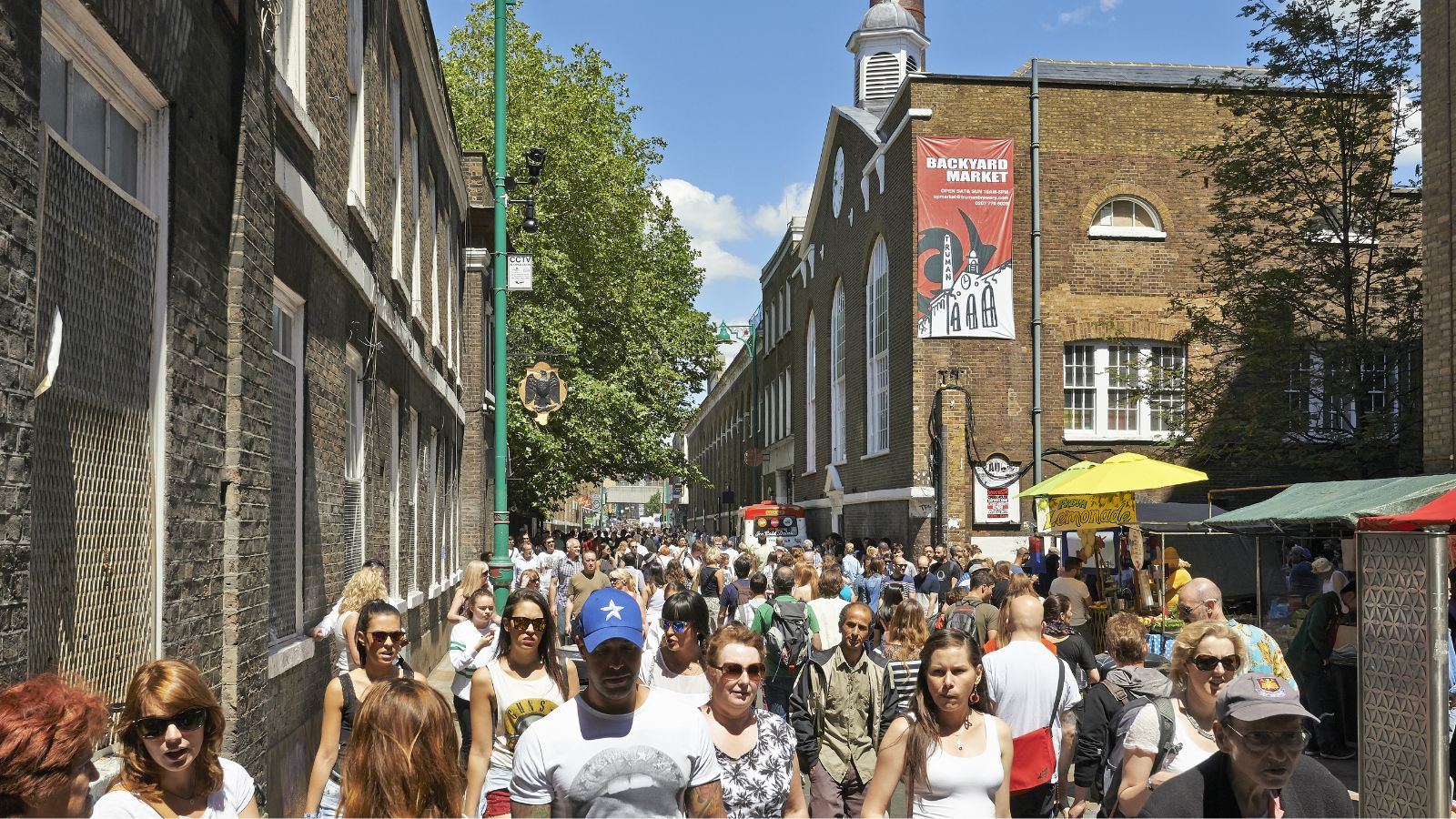With the way society is changing, it’s no surprise that older generations often feel disconnected from society. Shifts in culture, powered by technology and social attitudes, have created a gap between age groups, and here are the developments that have been the hardest on older adults today.
Digital Communication Over Face-to-Face Interaction

The shift from in-person conversations to digital messaging apps leaves many seniors feeling isolated. They grew up valuing face-to-face interactions, so the reliance on texting and social media can seem impersonal. This change makes it harder for them to connect with younger family members who prefer digital communication.
Online Banking and Cashless Payments

For those accustomed to traditional banking, the move towards online services and contactless payments is challenging. The idea of managing finances through smartphones or computers raises concerns about security and trust, and many older individuals who prefer physical cash face difficulties adjusting to this cashless reality.
Changing Family Structures and Roles

Definitions of family are evolving, and concepts like single-parent households and same-sex couples raising children can be hard for many to accept. The change in traditional views on family roles conflicts with the values held by the older generation, and adjusting to these new family dynamics requires an open mind that many don’t have.
Streaming Services Overtaking Traditional Media

Television and radio have been overtaken by streaming services offering on-demand content, and navigating these new platforms is especially confusing for those older adults that are not tech-savvy. In fact, even though data shows they have more screen time than children, older adults aged 75 and above still spend most of this time with the TV.
Social Media Influence on Daily Life

The pervasive nature of social media affects how people interact and perceive the world. Older adults struggle to understand the importance placed on online presence, and the concept of sharing personal moments publicly contrasts with their preference for privacy and more intimate connections.
Gig Economy and Changing Work Patterns

We also now see that traditional career paths are giving way to freelance and gig-based work, and the concept of lifelong employment at a single company is becoming less common. This shift challenges the older generation’s views on job security and the importance they place on stable, long-term employment.
Evolving Attitudes Towards Marriage and Relationships

Attitudes towards marriage, cohabitation, and dating have transformed significantly, with younger people delaying marriage or choosing not to marry at all—focusing instead on personal growth. Such changes can be perplexing to those members of older generations who see marriage as a core, foundational life goal.
Modern Slang and Language Changes

Since time immemorial, language has evolved rapidly, and today, the new slang terms have essentially left many older adults confused. Words and phrases like “cap” and “sus,” popular among younger generations, may be unfamiliar or misunderstood, and there’s now a linguistic gap that can make communication for older adults more challenging.
Decline of Traditional Industries

Industries like coal mining and manufacturing have declined, impacting communities built around them. Older individuals who worked in these sectors find it difficult to accept the shift towards service-orientated and tech-based economies. In a way, the loss of these industries represents a loss of identity for some too.
Environmental Activism and Climate Priorities

Younger generations also now place significant emphasis on environmental issues and sustainability. And while some older individuals may share these concerns, many don’t prioritise them similarly. The urgency around climate change can seem sudden and sometimes overwhelming to older individuals not accustomed to such activism.
Gender Identity and LGBTQ+ Acceptance

There’s also an increased visibility and acceptance of diverse gender identities and sexual orientations, which can be confusing for some older adults too. Terminologies and concepts in gender-based topics that are now commonplace are entirely new to the older generation, and, for them, accepting these changes requires a lot more education and empathy.
Immigration and Multiculturalism

The UK’s growing multicultural society brings diverse cultures and traditions together. Some embrace this diversity, while many others find it challenging to adjust to rapid demographic changes. It’s a sentiment shared by four in ten Brits—not entirely limited to older adults—who have concerns about cultural identity and community cohesion.
Online Shopping Replacing High Street Retail

The convenience of online shopping has led to a decline in traditional brick-and-mortar stores, and members of the older generation say this shift is actually disappointing. What makes them particularly sad is that we’ve witnessed the closure of many familiar shops in towns and cities they once knew well.
Remote Working and Telecommuting

The rise in remote work changes the traditional office environment, and for those older adults used to structured workplaces, the concept of working from home can seem less legitimate for productivity. There are also concerns about the lack of social interaction and cohesion that offices provide.
Changing Attitudes Towards Authority

Also, younger generations challenge traditional authority figures and institutions more often today, and this attitude makes them perceived as spoilt by older adults. As they value hierarchy and established norms, the difference in the level of respect in society often leads to a conflict of expectations and misunderstandings between the different age groups.
Education Methods and Student Behaviour

Lastly, modern educational approaches emphasise student-centred learning and technology integration, and older adults say these methods are unfamiliar compared to the rote learning of their time. There are also changes in classroom behaviour and discipline standards that have been a source of concern for many.

